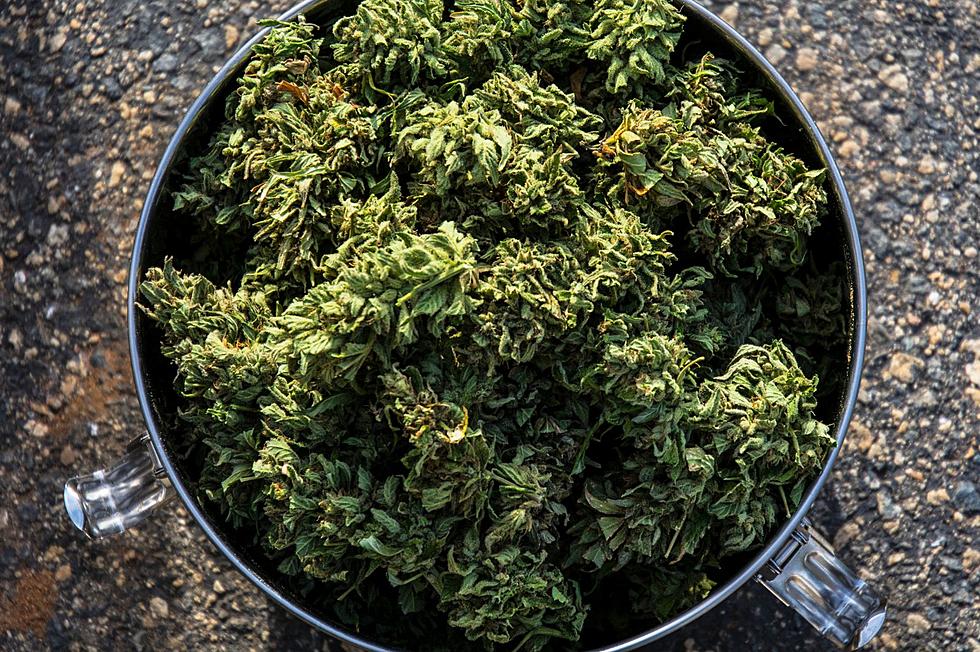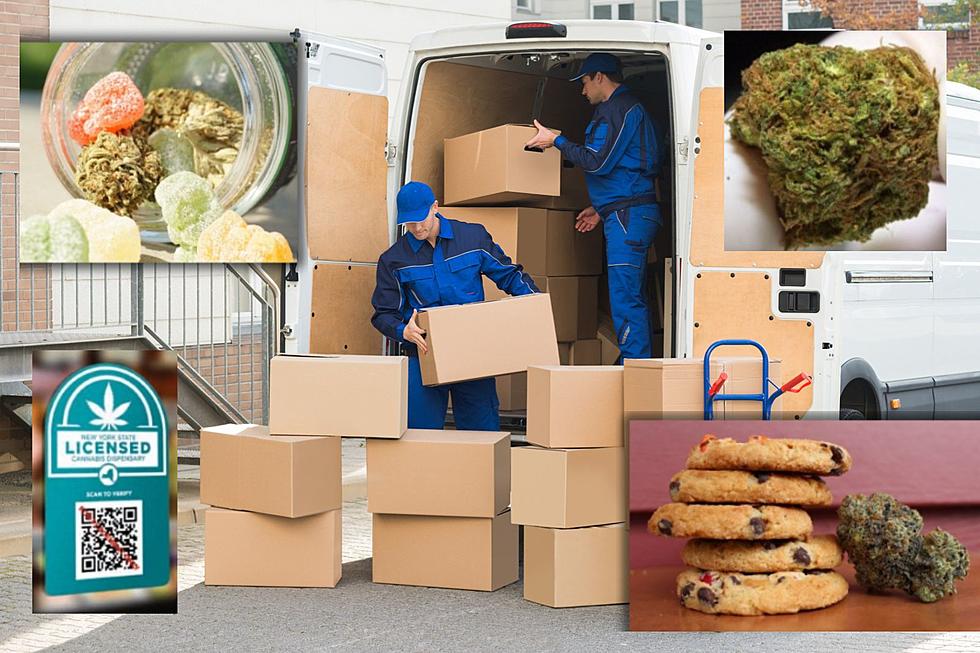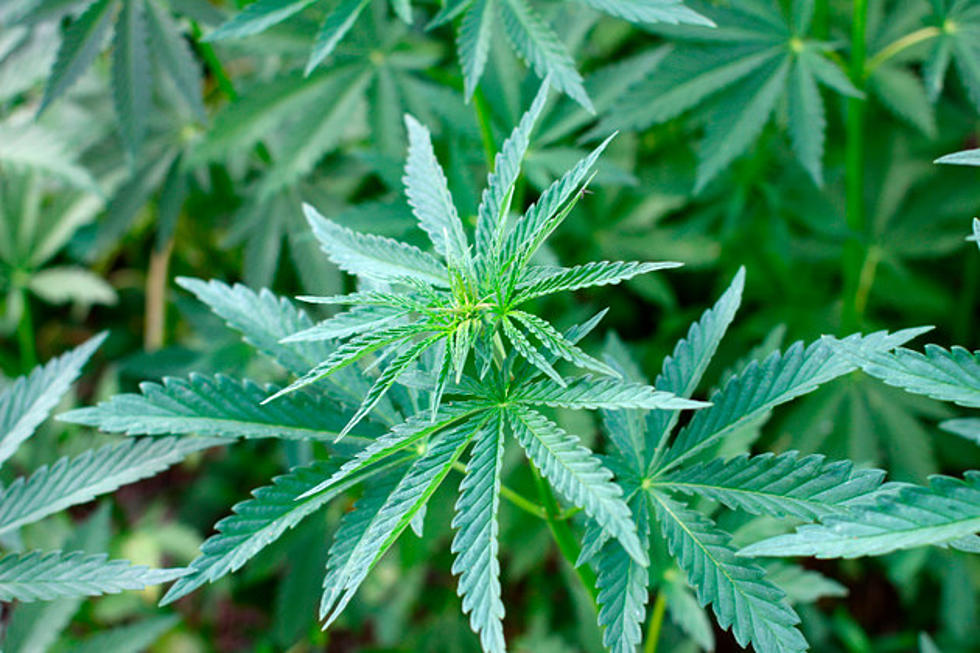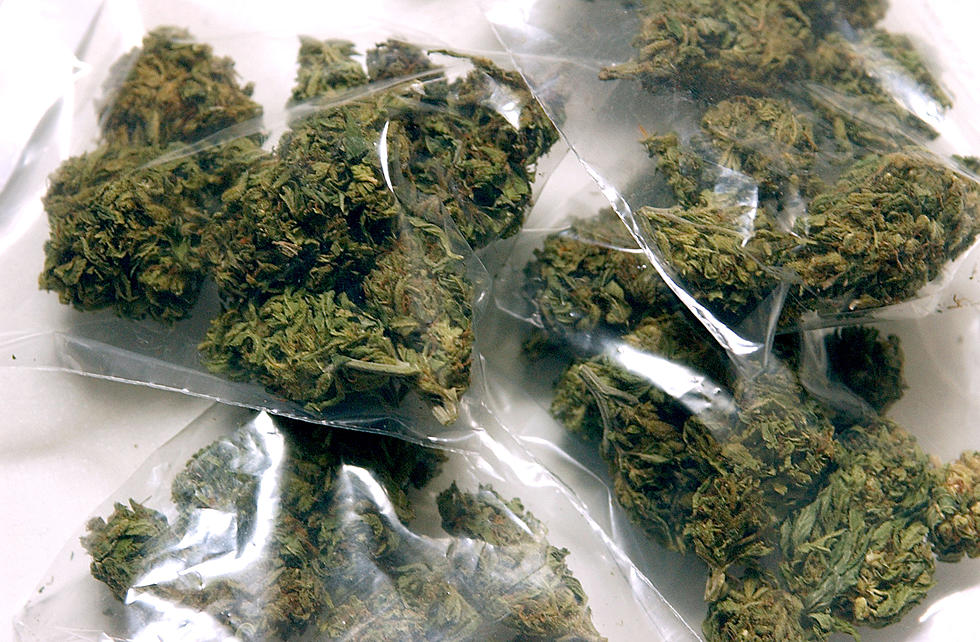
How to Get a Prescription for Medical Marijuana in the Hudson Valley
On Jan. 7, medical marijuana became available to New York residents. But as we learned, it's not as easy as just getting a prescription from your doctor.
William Samselski, a pharmacist at Vassar Brothers Hospital, tells us that patients must meet certain requirements in order to qualify for medical marijuana. Only residents of New York State who are being treated by a specially registered doctor can be recommended to receive treatment. Additionally, the doctor must certify your condition and their belief that you would benefit from medical marijuana.
Only certain conditions are eligible:
- Cancer
- HIV/AIDS
- ALS, or Lou Gehrig's Disease
- Parkinson's
- Multiple Sclerosis
- certain nervous tissue or spinal cord injuries
- epilepsy
- inflammatory bowel disease
- neuropathies
- Huntington's disease
Additionally, other conditions such as wasting syndrome, chronic pain, severe nausea, seizures or severe muscle spasms may also be approved for treatment.
Samseleski says that the steps to becoming a candidate for medical marijuana starts with a visit to your doctor. If they believe you're eligible, the next step is to apply on the State's website and register yourself. Once approved, the certification is good for up to a year and will allow you to obtain medical marijuana at a state-sanctioned dispensary.
Only non-smokable marijuana is allowed in New York for medical treatment. Joints or loose pot leaves won't be given out. Dispensary's will be only distributing liquids and oils for vaporizers and capsules. A 30-day supply is the maximum that can be obtained at once and it must be kept in its original packaging at all times. Even with a prescription, it is still illegal to use medical marijuana in public.
The closest dispensary to the Hudson Valley is currently located in Kingston. That's one of just 20 locations that will be open across the state.
If you think you're a candidate for medical marijuana, the best thing to do is to talk with your doctor about the options available in New York. They will be able to help guide you through the process and answer any questions about treatment. More information is available online from New York State, including answers to the most frequently asked questions about the new medical marijuana regulations.
More From WPDH-WPDA









